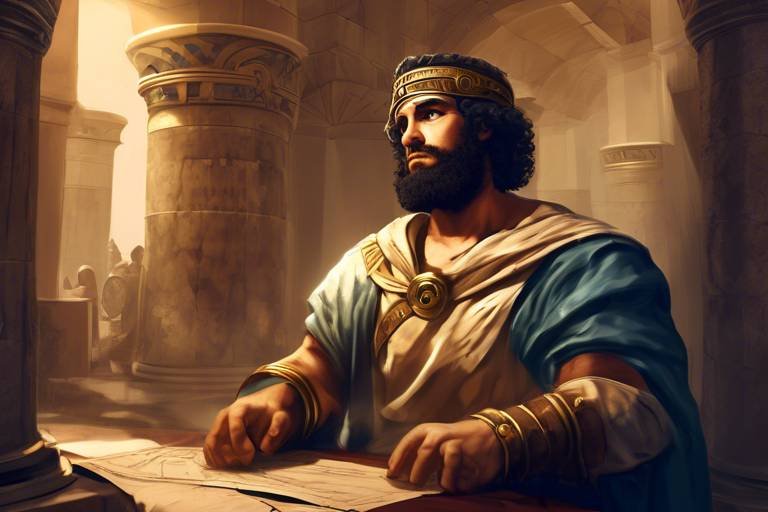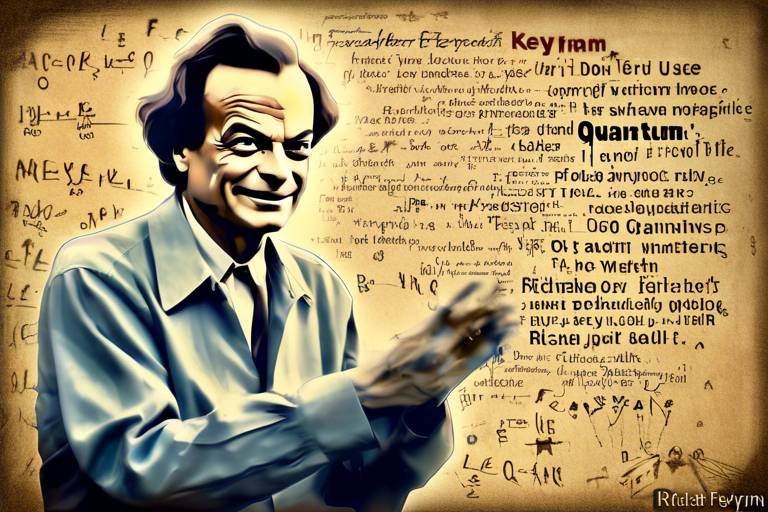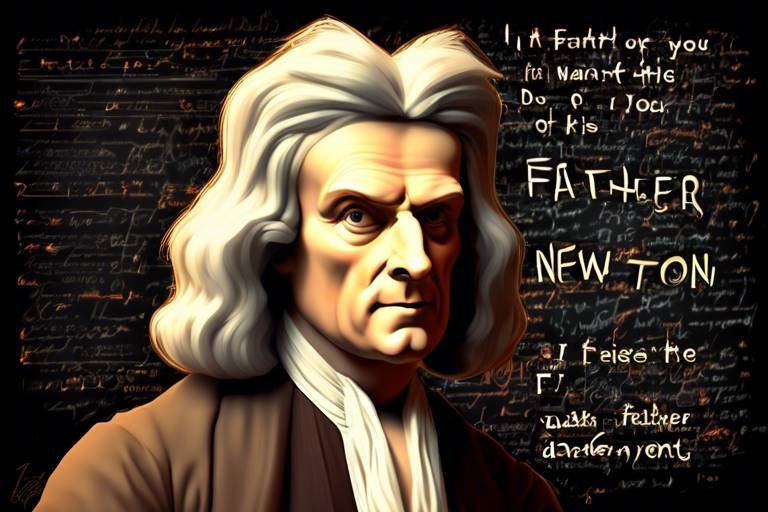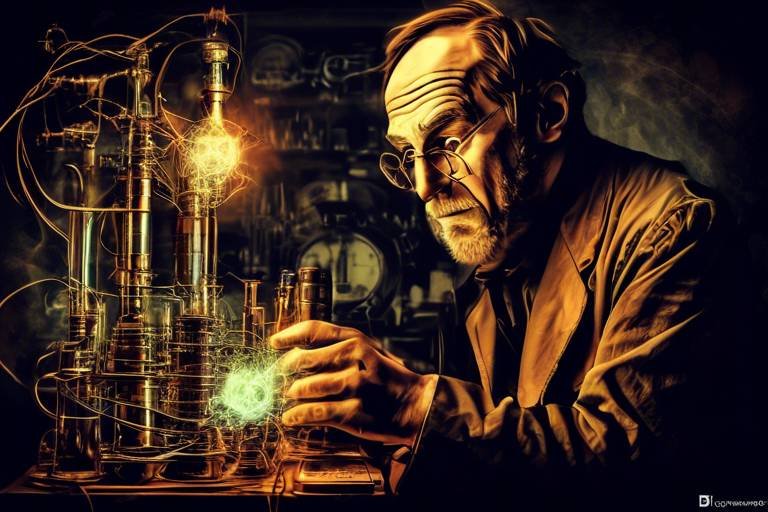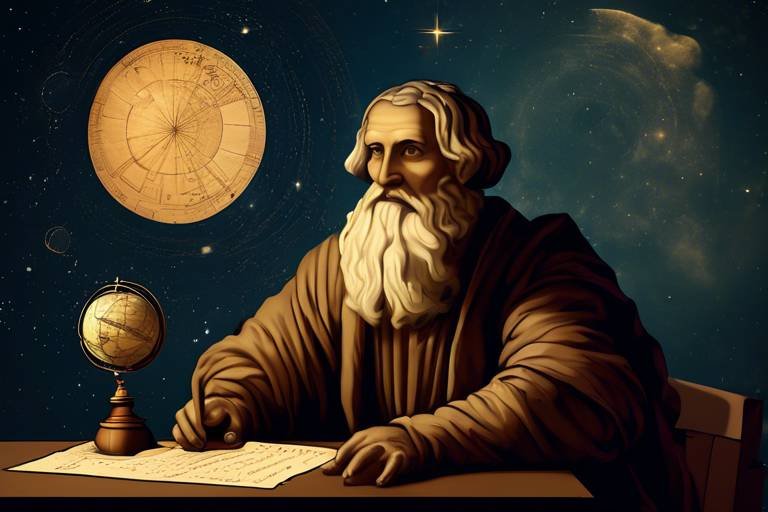Emperor Meiji: The Modernizer of Japan
Emperor Meiji, also known as Mutsuhito, is revered as the visionary leader who spearheaded Japan's transformation into a modern nation during the late 19th and early 20th centuries. His reign marked a pivotal era in Japanese history, shaping the country's political, social, and economic landscape in profound ways. Born in 1852, Emperor Meiji ascended to the Chrysanthemum Throne at a tender age, facing a nation in the midst of tumultuous change and external pressures.
The Meiji Restoration, a period of radical reforms initiated by Emperor Meiji, heralded the end of feudalism in Japan and the dawn of a new era characterized by centralized governance and rapid modernization. Emperor Meiji's unwavering commitment to progress and innovation led to the adoption of Western technologies and industrial practices, catapulting Japan into the ranks of global powers.
One of Emperor Meiji's enduring legacies lies in his dedication to education reform, recognizing the pivotal role of knowledge and literacy in a modern society. By promoting science, literature, and modern values through revamped educational systems, he empowered the Japanese populace to embrace change and contribute to the nation's advancement.
Emperor Meiji's political acumen was exemplified by the establishment of a constitutional monarchy in 1889, a groundbreaking move that granted Japanese citizens certain rights and laid the foundation for a modern government structure. This pivotal moment in Japan's history set the stage for further progress and democratization in the years to come.
Under Emperor Meiji's leadership, Japan emerged as a formidable player on the global stage, its industrial prowess and strategic advancements propelling it to international prominence. His patronage of the arts and preservation of traditional Japanese culture underscored his commitment to honoring the country's rich heritage while embracing progress and modernity.
The Meiji Shrine in Tokyo stands as a testament to Emperor Meiji's enduring legacy, serving as a revered site of commemoration and reflection for generations of Japanese people. It symbolizes Japan's deep-rooted respect for its modernizing monarch and the profound impact of his visionary leadership on the nation's identity and global standing.

Early Life and Ascension to the Throne
Exploring the transformative reign of Emperor Meiji in Japan, who spearheaded the Meiji Restoration, modernizing the country's political, social, and economic structures. His legacy continues to shape Japan's identity and global standing today.
Emperor Meiji, born as Mutsuhito, entered the world on November 3, 1852, during a period of significant turmoil in Japan. His upbringing was marked by a strong emphasis on education and traditional values, preparing him for the responsibilities that awaited him. At the tender age of 14, following the untimely death of his father, Emperor Komei, Mutsuhito ascended to the Chrysanthemum Throne, becoming Emperor Meiji.
During the Meiji Restoration, Emperor Meiji played a pivotal role in reshaping Japan's political landscape. He led the charge in abolishing the feudal system that had long divided the country, consolidating power under the imperial government. This monumental shift laid the groundwork for a more unified and centralized Japan.
Emperor Meiji's vision extended beyond political reforms; he recognized the importance of modernizing Japan's industries and technologies. By embracing Western advancements, he propelled Japan into an era of rapid industrialization, transforming it into a modern nation capable of competing on the global stage.
Understanding the critical role of education in a nation's progress, Emperor Meiji spearheaded sweeping reforms to the Japanese education system. His initiatives focused on promoting literacy, scientific knowledge, and modern values among the populace, laying the foundation for a more informed and forward-thinking society.
Emperor Meiji's commitment to progress culminated in the establishment of a constitutional monarchy in Japan. The Constitution of 1889 granted citizens certain rights and established a framework for a modern government, marking a significant milestone in Japan's journey towards democracy and governance.
Under Emperor Meiji's leadership, Japan underwent a remarkable transformation, emerging as a formidable player on the world stage. His reforms catapulted the nation into an era of industrial prowess and economic growth, solidifying its position as a global power to be reckoned with.
Besides his political and economic reforms, Emperor Meiji also left a lasting impact on Japanese culture. His patronage of the arts, promotion of traditional values, and preservation of Japan's rich heritage continue to resonate in the country's contemporary identity, reflecting his enduring legacy.
The Meiji Shrine in Tokyo stands as a testament to Emperor Meiji's contributions and legacy. This revered site serves as a focal point for commemorating his modernizing efforts and symbolizes Japan's deep respect for its transformative monarch.

Meiji Restoration and Abolition of Feudalism
The Meiji Restoration marked a pivotal period in Japan's history, spearheaded by the visionary Emperor Meiji. Under his leadership, Japan underwent a radical transformation, moving away from its feudal past towards a modernized and centralized state. The abolition of feudalism was a cornerstone of this reformative era, symbolizing the end of centuries-old social hierarchies and the dawn of a new era of progress and unity.
Emperor Meiji's decisive actions led to the dismantling of the feudal system, which had long divided Japanese society into rigid classes with limited mobility and opportunities. By abolishing feudal domains and establishing a centralized government, Emperor Meiji aimed to create a more unified and cohesive nation, laying the groundwork for Japan's rapid modernization and industrialization.
One of the key strategies employed during the Meiji Restoration was the **Charter Oath of Five Articles**, a declaration that outlined the emperor's commitment to political and social reforms. This document set the stage for the abolition of feudal privileges, the establishment of a modern bureaucracy, and the promotion of equality before the law.
Furthermore, the **Land Tax Reform** implemented during this period aimed to redistribute land ownership and break the power of the feudal lords, thereby empowering the central government and fostering a more equitable society. These sweeping changes not only modernized Japan's economy but also paved the way for social mobility and economic prosperity for a broader segment of the population.
Emperor Meiji's bold vision and decisive actions during the Meiji Restoration not only abolished feudalism but also laid the foundation for a more inclusive and dynamic Japan, setting the stage for the country's emergence as a global power in the decades to come.

Westernization and Industrialization
During Emperor Meiji's reign, Japan underwent a remarkable transformation through a process of Westernization and industrialization. This period marked a shift towards adopting Western technologies, industries, and governance practices to propel Japan into the modern era. The Emperor recognized the need to embrace advancements from the West to strengthen Japan's position on the global stage. By incorporating Western industrial methods, Japan was able to enhance its economic capabilities and compete with Western powers.

Education Reforms and Modernization
Exploring the transformative reign of Emperor Meiji in Japan, who spearheaded the Meiji Restoration, modernizing the country's political, social, and economic structures. His legacy continues to shape Japan's identity and global standing today.
Insight into Emperor Meiji's upbringing, education, and the circumstances that led to his ascension to the Chrysanthemum Throne at a young age.
Discussion on the pivotal role Emperor Meiji played in the Meiji Restoration, dismantling the feudal system and centralizing power under the imperial government.
Exploration of Emperor Meiji's efforts to modernize Japan by adopting Western technologies, industries, and governance practices.
Emperor Meiji's commitment to modernizing Japan extended to the education sector. He implemented sweeping reforms aimed at enhancing literacy rates, fostering scientific education, and instilling modern values in the Japanese populace. By revamping the educational curriculum and infrastructure, Emperor Meiji laid the groundwork for a more enlightened and progressive society.
Examination of Emperor Meiji's establishment of a constitutional monarchy in Japan, granting citizens certain rights and laying the foundation for a modern government.
Highlighting the impact of Emperor Meiji's reforms on Japan's rapid transformation into an industrialized nation and a formidable player on the world stage.
Reflection on Emperor Meiji's patronage of the arts, promotion of traditional Japanese culture, and enduring legacy in shaping Japan's contemporary identity.
Exploring the significance of the Meiji Shrine in Tokyo as a tribute to Emperor Meiji's contributions and a symbol of Japan's reverence for its modernizing monarch.
Stay tuned for interesting facts and answers to common queries about Emperor Meiji and his impact on Japan's history and development.

Political Reforms and the Constitution of 1889
Exploring the transformative reign of Emperor Meiji in Japan, who spearheaded the Meiji Restoration, modernizing the country's political, social, and economic structures. His legacy continues to shape Japan's identity and global standing today.
During his rule, Emperor Meiji implemented significant political reforms that laid the groundwork for Japan's transition into a modern nation. One of the most notable milestones was the promulgation of the Constitution of 1889, which marked a pivotal moment in Japan's history. This constitution established a constitutional monarchy, granting certain rights to the citizens and defining the structure of the government.
Under the new constitution, the Emperor retained his symbolic position as the head of state, while the government was structured with an elected parliament known as the Diet. The constitution also outlined the division of powers between the executive, legislative, and judicial branches, creating a more balanced system of governance.
Furthermore, the Constitution of 1889 introduced the concept of fundamental human rights for Japanese citizens, emphasizing principles of equality and individual liberties. This marked a significant departure from the previous feudal system and laid the foundation for a more democratic society in Japan.
Emperor Meiji's commitment to political reform and the establishment of a modern constitution reflected his vision for a progressive and forward-thinking Japan. By embracing these changes, Japan was able to position itself as a respected member of the international community and pave the way for future advancements in governance and civil rights.

Japan's Emergence as a Global Power
Exploring the transformative reign of Emperor Meiji in Japan, who spearheaded the Meiji Restoration, modernizing the country's political, social, and economic structures. His legacy continues to shape Japan's identity and global standing today.
Insight into Emperor Meiji's upbringing, education, and the circumstances that led to his ascension to the Chrysanthemum Throne at a young age.
Discussion on the pivotal role Emperor Meiji played in the Meiji Restoration, dismantling the feudal system and centralizing power under the imperial government.
Exploration of Emperor Meiji's efforts to modernize Japan by adopting Western technologies, industries, and governance practices.
Analysis of Emperor Meiji's initiatives to reform the education system, promoting literacy, science, and modern values among the Japanese populace.
Examination of Emperor Meiji's establishment of a constitutional monarchy in Japan, granting citizens certain rights and laying the foundation for a modern government.
Highlighting the impact of Emperor Meiji's reforms on Japan's rapid transformation into an industrialized nation and a formidable player on the world stage. The Meiji era marked Japan's emergence as a global power, propelling the nation into the ranks of influential countries. Through a combination of modernization efforts, industrial advancements, and strategic reforms, Japan positioned itself as a key player in international affairs. The nation's economic growth, technological innovation, and military strength under Emperor Meiji's leadership elevated Japan to a prominent position on the global stage, reshaping diplomatic relations and garnering respect from other nations.
Reflection on Emperor Meiji's patronage of the arts, promotion of traditional Japanese culture, and enduring legacy in shaping Japan's contemporary identity.
Exploring the significance of the Meiji Shrine in Tokyo as a tribute to Emperor Meiji's contributions and a symbol of Japan's reverence for its modernizing monarch.

Meiji's Cultural Influence and Legacy
Emperor Meiji's cultural influence and legacy are deeply intertwined with Japan's rich history and contemporary identity. Through his patronage of the arts and promotion of traditional Japanese culture, Emperor Meiji left an indelible mark on the country's cultural landscape. He recognized the importance of preserving Japan's unique heritage while also embracing modernization, striking a delicate balance that continues to define Japan's cultural ethos today.
One of the most significant aspects of Emperor Meiji's cultural influence was his support for traditional Japanese arts such as ukiyo-e woodblock prints and kabuki theater. By fostering these art forms, he ensured that they would endure and flourish in a rapidly changing society. Additionally, Emperor Meiji's efforts to promote Shinto traditions and rituals helped solidify the connection between the imperial family and the spiritual essence of Japan.
Emperor Meiji's legacy extends beyond his lifetime through the construction of the Meiji Shrine in Tokyo. This sacred site serves as a tribute to his contributions to Japan's modernization and a place of reverence for those seeking to honor his memory. The Meiji Shrine stands as a symbol of Japan's respect for its past while looking towards a future guided by the enduring values instilled by Emperor Meiji.

Meiji Shrine and Commemoration
The Meiji Shrine, located in Tokyo, stands as a solemn tribute to Emperor Meiji's enduring legacy and contributions to Japan's modernization. Built in 1920, the shrine is a symbol of reverence for the Emperor and his efforts to propel Japan into the modern era. Surrounded by a lush forest, the shrine offers a serene retreat from the bustling city, inviting visitors to reflect on Japan's history and cultural heritage.
Visitors to the Meiji Shrine often participate in traditional Shinto rituals, such as making offerings of prayers and wishes at the main hall. The shrine's expansive grounds provide a peaceful sanctuary for spiritual contemplation and appreciation of nature. The towering torii gate at the entrance marks the transition from the secular world to the sacred realm of the shrine, emphasizing the significance of the site in Japanese culture.
Throughout the year, the Meiji Shrine hosts various ceremonies and events that celebrate Japan's traditions and commemorate Emperor Meiji's legacy. From New Year's festivities to seasonal festivals, the shrine serves as a focal point for cultural preservation and community gatherings. Visitors can witness performances of traditional arts, participate in rituals, and gain insights into Japan's rich cultural tapestry.
Emperor Meiji's influence extends beyond his reign, as the Meiji Shrine continues to attract pilgrims and tourists from around the world. The serene beauty of the shrine, combined with its historical significance, makes it a must-visit destination for those seeking to immerse themselves in Japan's vibrant heritage. Whether seeking spiritual solace or cultural enrichment, the Meiji Shrine offers a profound connection to Japan's past and a deep appreciation for its modernization under Emperor Meiji's visionary leadership.
Frequently Asked Questions
- What was the significance of Emperor Meiji's reign?
Emperor Meiji's reign was highly significant as he spearheaded the Meiji Restoration, which modernized Japan's political, social, and economic structures, transforming the country into a global power.
- How did Emperor Meiji contribute to the abolition of feudalism in Japan?
Emperor Meiji played a pivotal role in dismantling the feudal system by centralizing power under the imperial government, initiating reforms that led to the modernization of Japan's governance and society.
- What were some of Emperor Meiji's key initiatives in modernizing Japan?
Emperor Meiji focused on Westernization, industrialization, and education reforms, adopting Western technologies and governance practices, promoting industrial growth, and enhancing literacy and modern values among the populace.
- How did Emperor Meiji's legacy impact Japan's contemporary identity?
Emperor Meiji's legacy continues to influence Japan's cultural identity, with his patronage of the arts, promotion of traditional culture, and establishment of a constitutional monarchy laying the foundation for Japan's modern government and society.






